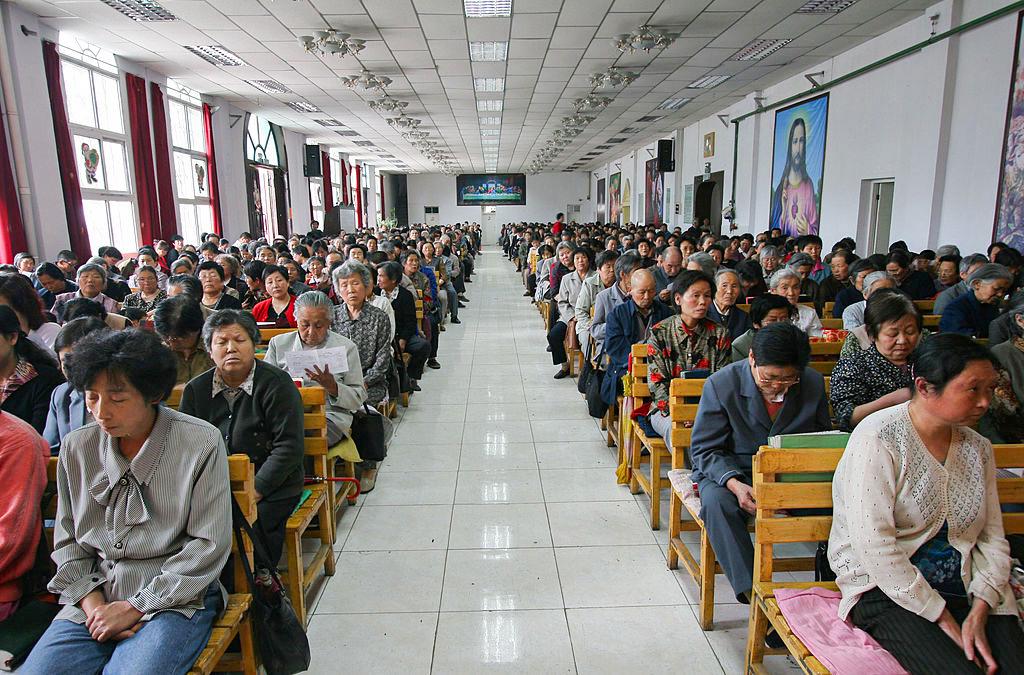Commentary
In January and February of this year, the world was starting to turn its attention to the major threat posed by COVID-19. However, the Liberal government was busy seeking to legislate on other issues—the expansion of euthanasia (Bill C-7), conversion therapy (Bill C-8), and a number of other things unrelated to the pandemic.



